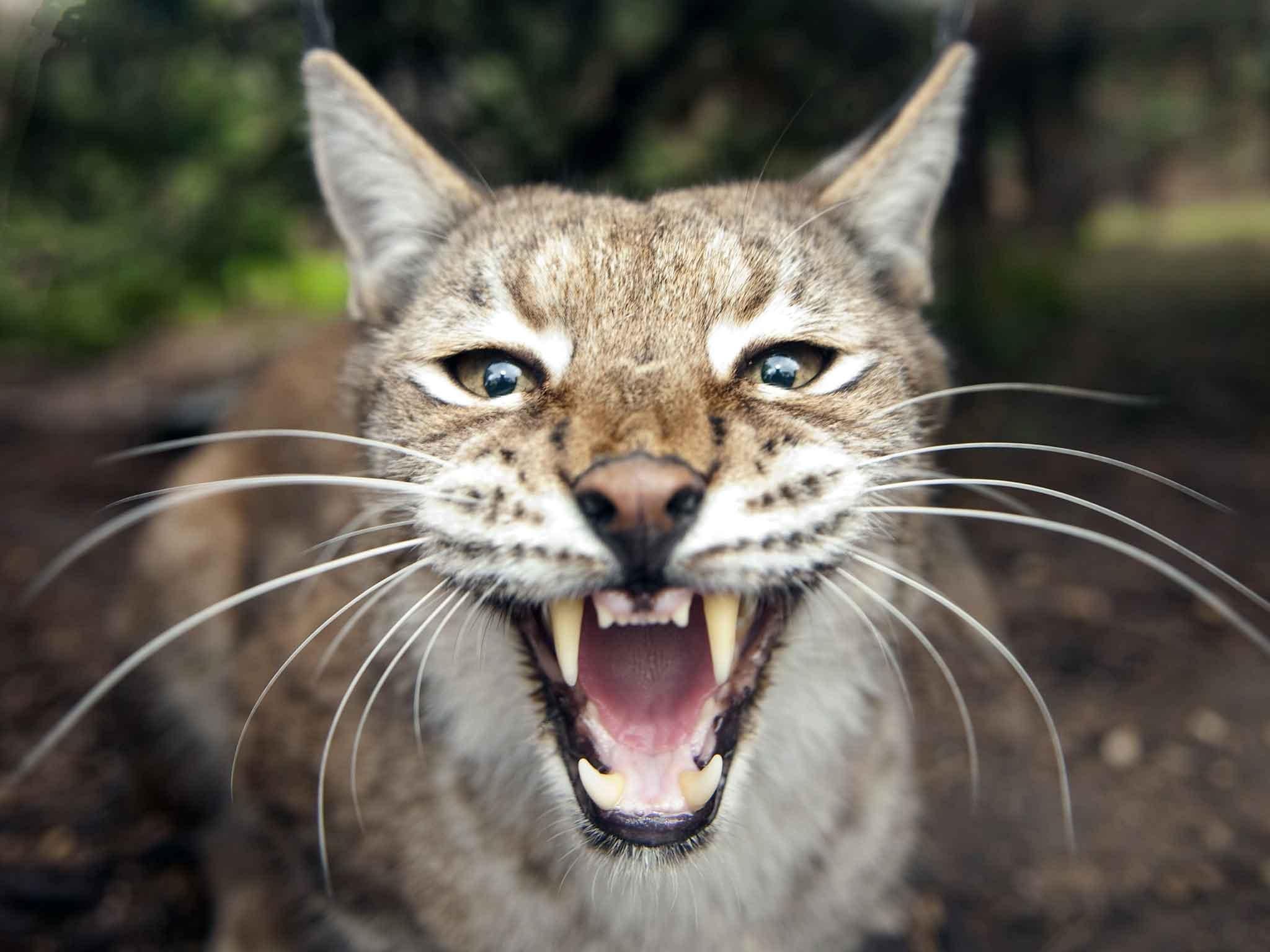Dartmoor lynx: Schools warned to keep children inside as police hunt ‘dangerous’ cat escaped from zoo
Police warned people not to approach the animal as it can become dangerous if cornered

Your support helps us to tell the story
From reproductive rights to climate change to Big Tech, The Independent is on the ground when the story is developing. Whether it's investigating the financials of Elon Musk's pro-Trump PAC or producing our latest documentary, 'The A Word', which shines a light on the American women fighting for reproductive rights, we know how important it is to parse out the facts from the messaging.
At such a critical moment in US history, we need reporters on the ground. Your donation allows us to keep sending journalists to speak to both sides of the story.
The Independent is trusted by Americans across the entire political spectrum. And unlike many other quality news outlets, we choose not to lock Americans out of our reporting and analysis with paywalls. We believe quality journalism should be available to everyone, paid for by those who can afford it.
Your support makes all the difference.Police are warning schools in Devon to keep children inside as they hunt for a lynx escaped from Dartmoor Zoological Park.
Staff raised the alarm at 10.20am on Thursday morning after the animal went missing from its enclosure and searches of the zoo failed to track it down.
Devon and Cornwall Police have launched a helicopter search near the zoo in Sparkwell and into Dartmoor National Park, which is popular with walkers and tourists.
“If members of the public sight it they should call 999 immediately,” a spokesperson said. “The animal should not be approached as it could become dangerous if alarmed or cornered.
“Officers have visited two local schools to offer safety advice and reassurance. All children at All Saints Primary School are not in school as they are away on a field trip.
“Police are also working with staff at Little Orchard Montessori School to make sure they are kept inside.
“Officers are also going house-to-house in the area to offer advice and are assisting with the search on the ground.”
The missing animal is described as a two-year-old male lynx, approximately the size of a large domestic cat and grey/silver in colour.
The lynx is a solitary cat that lives in remote forests across North America, Europe, and Asia and can be found living wild in the Iberian Peninsula, Siberia, Scandinavia and parts of Eastern Europe and the Balkans.
They prey on mammals and birds including rabbits, foxes and deer and reported attacks are rare.
The Lynx UK Trust is campaigning to reintroduce the wild cats in Britain, where they were once native but disappeared in around 700AD.
Join our commenting forum
Join thought-provoking conversations, follow other Independent readers and see their replies
Comments